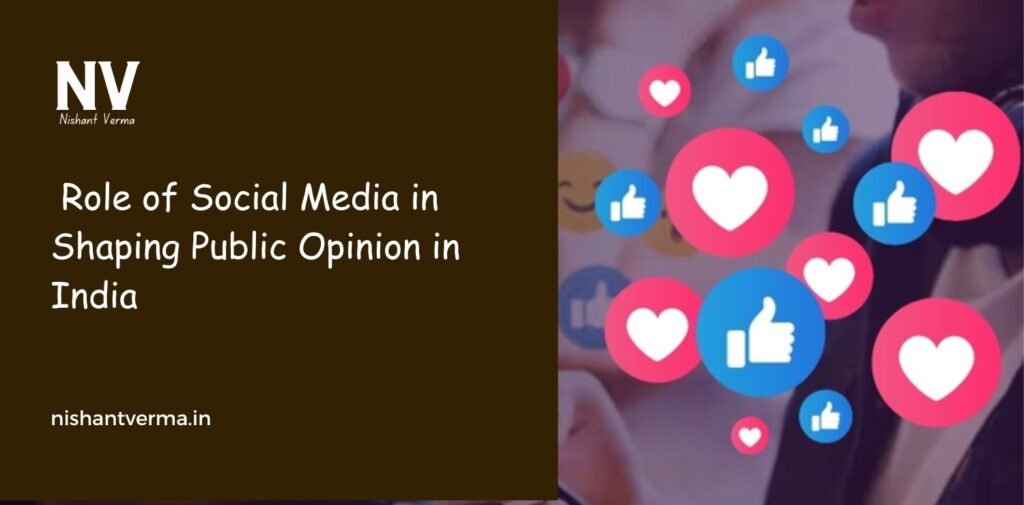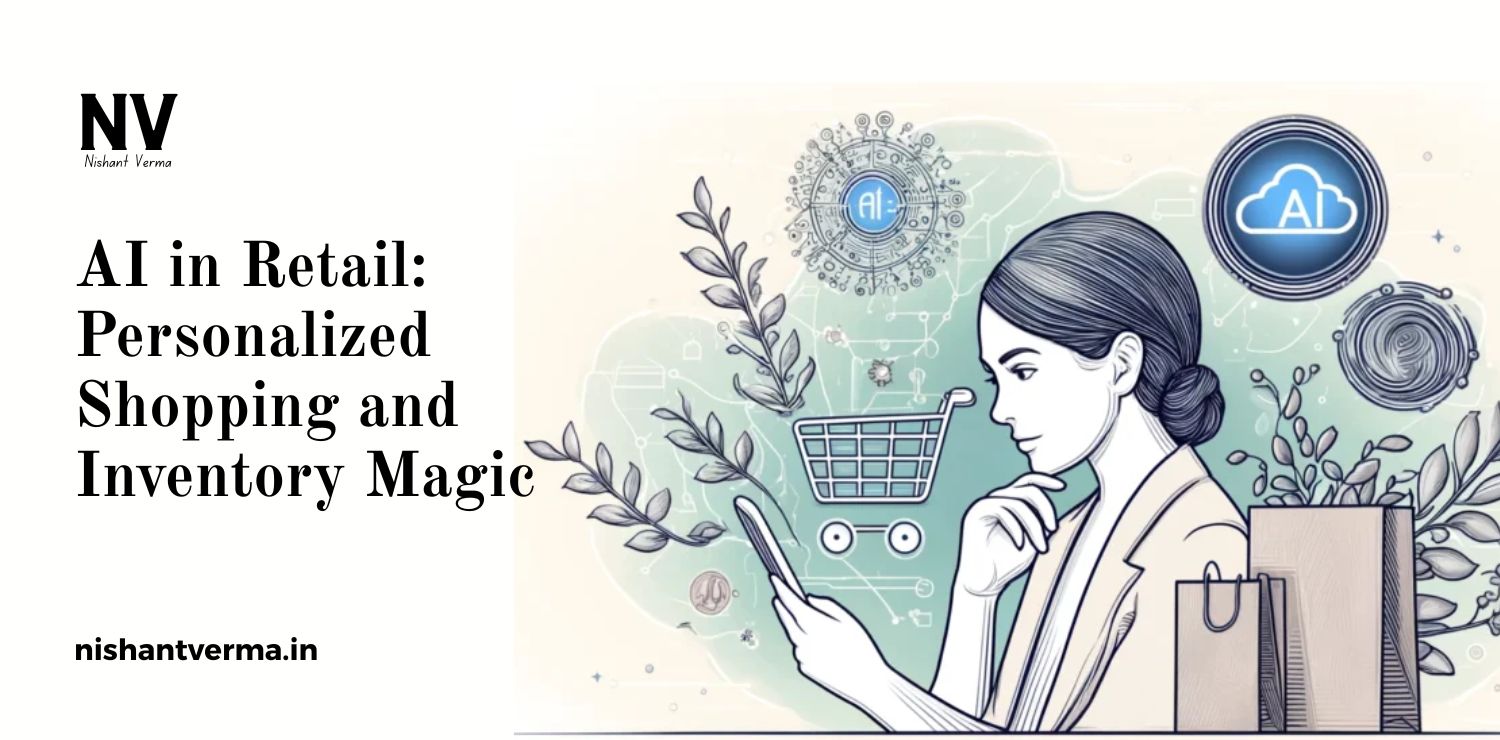In today’s world, social media is everywhere. Whether it’s Facebook, Twitter, Instagram, or WhatsApp, almost everyone uses some form of social media. In India, social media plays a huge role in how people get information, share opinions, and make decisions. It has become one of the most powerful tools for shaping public opinion in the country.
Public opinion means the ideas, beliefs, or feelings that most people in a group or society share about certain topics. In India, social media has made it easier for people to talk to each other, discuss important issues, and even influence government policies. But, like everything, social media has both positive and negative effects on how people think and act.
In this article, we will explore the role of social media in shaping public opinion in India, how it affects people’s views, and why it is so important in today’s world.
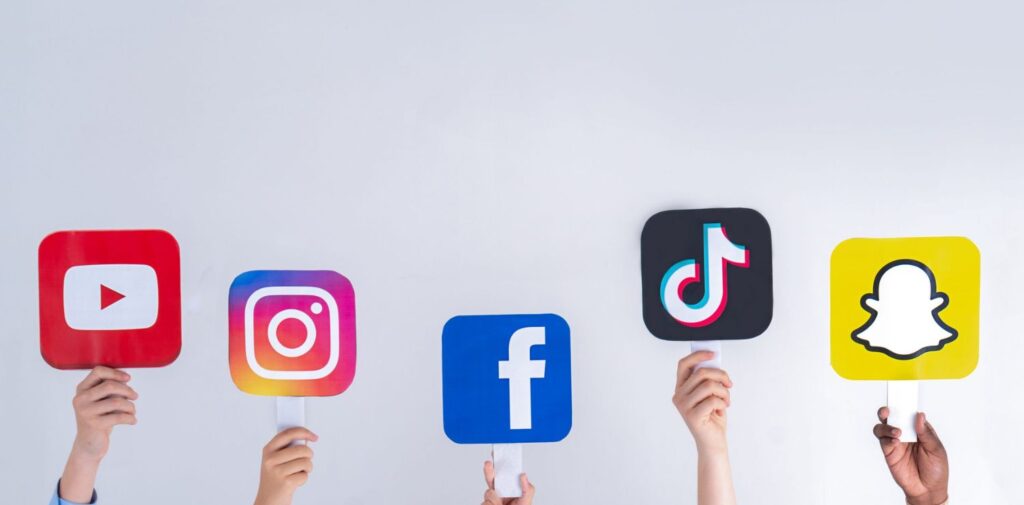
What is Social Media?
Social media refers to websites and applications where people can create and share content or connect with others. It can be used for various purposes such as talking to friends, sharing pictures, videos, or news, and even starting movements or campaigns. Some of the most popular social media platforms in India are:
- Facebook: A place where people can post updates, share photos, and interact with others.
- Twitter: A platform for short messages or “tweets” that can spread news quickly.
- Instagram: Mainly used for sharing photos and videos.
- WhatsApp: A messaging app used by millions to send messages, photos, and videos.
- YouTube: A video-sharing platform where people can upload and watch videos on a wide range of topics.
Social media connects people across the country and even the world. This means that opinions and ideas can spread faster than ever before, making social media a powerful tool for shaping public opinion.
How Social Media Influences Public Opinion in India
Sharing News and Information Quickly
One of the biggest ways social media shapes public opinion is by sharing news and information quickly. In the past, people had to rely on newspapers, TV, or radio to get information. Now, news spreads instantly on social media, and people can hear about important events as soon as they happen. Whether it’s breaking news about politics, sports, or entertainment, social media is often the first place where people get updates.
However, the fast spread of information also means that sometimes false news or rumors can spread quickly. This is called “fake news.” Fake news can mislead people and make them believe things that are not true. Social media platforms like WhatsApp and Facebook have been criticized for spreading false information, especially during elections or important events.
Influencing Opinions During Elections
Elections are one of the most important times when social media shapes public opinion. In India, elections are held at local, state, and national levels, and social media plays a key role in how people decide who to vote for.
Political parties and candidates use social media to reach millions of people with their messages. They share their views, promises, and plans on platforms like Facebook and Twitter. This allows them to directly communicate with voters without needing to rely on traditional methods like rallies or newspapers.
On the other hand, social media also allows ordinary people to express their opinions and share their thoughts about candidates and political parties. Hashtags like #Election2024 or #VoteForChange can trend on Twitter, encouraging more people to discuss politics. Social media gives people a voice, and sometimes it can lead to people changing their opinions based on what they see or hear online.
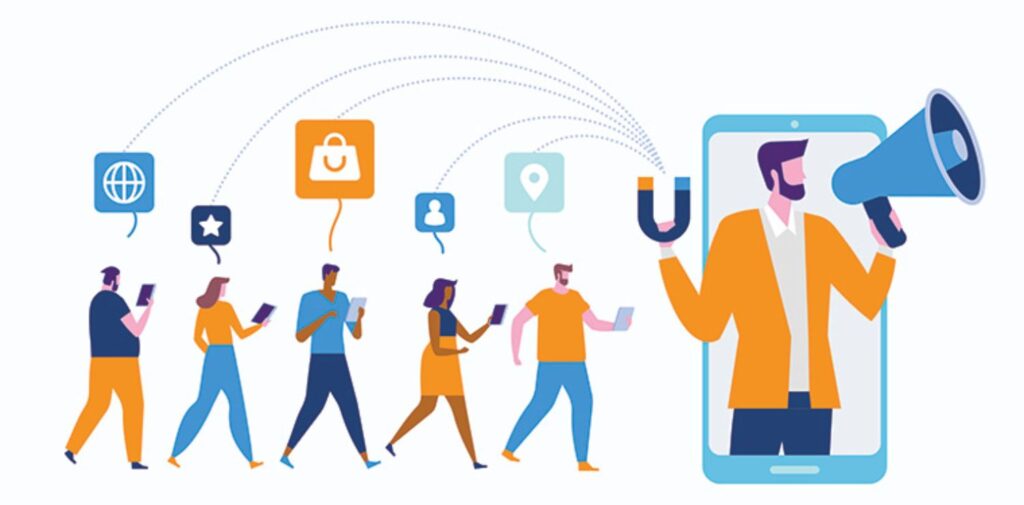
Bringing Attention to Social Issues
Social media has also helped raise awareness about important social issues in India. Issues like women’s rights, environmental protection, poverty, and education are often discussed on social media platforms. Activists, organizations, and even regular people use social media to start campaigns and spread information.
For example, the #MeToo movement, which highlights sexual harassment, gained a lot of attention on social media. People shared their stories and experiences, which helped change public attitudes toward how society should handle such issues. Similarly, campaigns for clean rivers and protection of animals have also gained momentum through social media.
Social media allows people from all over the country to unite and speak out about issues that matter to them. It also helps bring attention to problems that may not be covered by mainstream media.
Creating Trends and Influencing Lifestyle
In India, social media has become a place where trends are born. Whether it’s a new fashion trend, a new dance move, or a viral video, social media often shapes the way people think and behave.
For example, social media influencers—people who have large numbers of followers—can have a big impact on how people think. These influencers often promote products, services, or lifestyles, and many people follow their advice. Some influencers focus on beauty, fitness, food, or travel, while others talk about social issues or politics. Because they have such a wide reach, influencers can create trends that shape public opinion and influence the choices people make.
Connecting People and Building Communities
Social media helps people from different parts of India connect with each other. This is especially important in a country as diverse as India, where people speak different languages, practice different religions, and have different cultures. Social media allows people to share their experiences, learn from each other, and build communities based on shared interests.
For example, there are online groups for people interested in books, movies, technology, or even specific hobbies like gardening or cooking. These groups allow people to discuss topics that matter to them and exchange ideas. In this way, social media can create a sense of unity and help people find like-minded individuals.
Shaping Public Opinion During Crises
During times of crisis, social media plays a critical role in shaping how people think and react. For example, during natural disasters like floods or earthquakes, social media helps spread important information, such as where to find shelter or how to donate to relief efforts. It also helps people connect with loved ones and share updates about their safety.
At the same time, social media can also lead to confusion or panic during a crisis. Misinformation or rumors can spread quickly, making it harder for people to know what is true. It is important for people to verify information before believing it or sharing it with others.
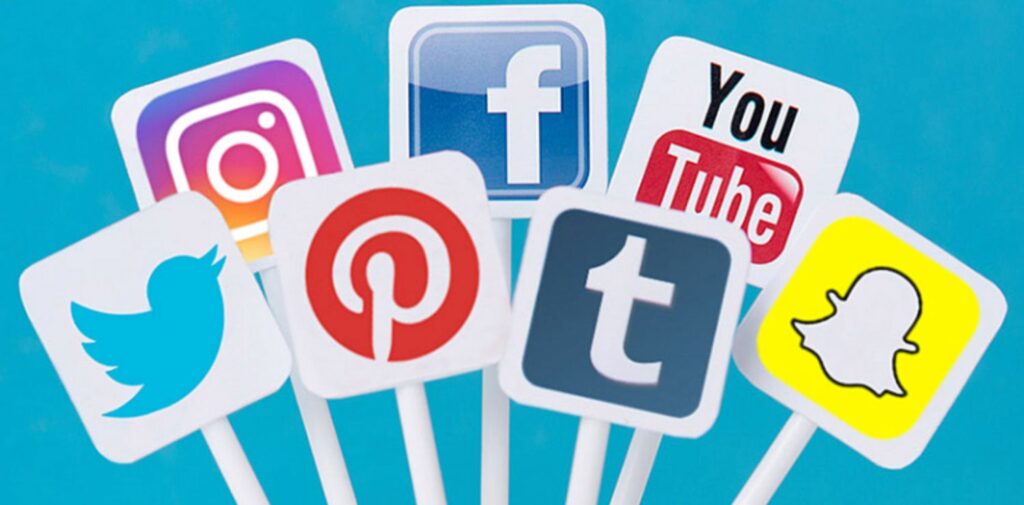
The Positive and Negative Effects of Social Media
While social media has many benefits, it also has some negative effects on public opinion. Let’s look at both the positive and negative sides:
Positive Effects:
- Awareness and Education: Social media helps people learn about different topics and stay informed.
- Voice for Everyone: It gives a voice to people who may not have the opportunity to speak in traditional media.
- Building Communities: Social media brings people together based on shared interests or causes.
- Quick Information Sharing: It helps spread important news and information quickly.
Negative Effects:
- Spread of Fake News: False information can spread easily, leading to confusion and misunderstanding.
- Echo Chambers: Sometimes, people only follow others who share the same views, which limits their exposure to different ideas.
- Influence of Misinformation: Unverified rumors or misleading opinions can shape people’s views in the wrong way.
- Addiction: Some people spend too much time on social media, which can affect their mental health.
Conclusion
Social media has become a powerful force in shaping public opinion in India. It connects people, spreads information, and helps bring attention to important issues. However, it also comes with challenges, such as the spread of fake news and the influence of unverified opinions. In a country as diverse as India, social media can play both a positive and negative role in shaping how people think and act.
As social media continues to grow, it is important for people to use it wisely, be aware of the information they consume, and think critically about what they see online. Social media will continue to influence public opinion in India, and understanding its role is essential for everyone, from young students to adults, in making informed decisions and participating in society.

